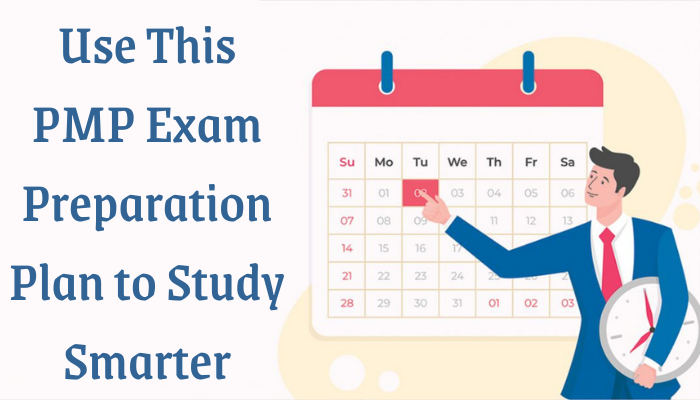For most people, there comes the point in their career when they begin thinking about how to take the next step forward. In the project management discipline, many look to the Project Management Institute’s (PMI) Project Management Professional (PMP) certification as a means to this end. While the PMP certification is certainly a well-respected credential, it is not for everyone.
The PMP certification is for people involved in some aspect of project management. Someone working on a project as the project manager will benefit significantly from this certification. However, everyone in touch with any project element can benefit from this certification.
In other words, whenever and wherever there is a project, project management is involved. The project management training provides important details while passing the exam and confirms that the prospect has learned basic project management knowledge. It contains a good understanding of the terms and the best practices around different elements of project management.
Project Management Professional is neither an information technology designation nor is it construction-specific. It spreads to all the industries and all the functions. If one needs to write, a word processor is applicable. If one requires to do a project, PMP will assist.
Having a PMP certification does not guarantee one is a good project manager. There are PMP certified lousy project managers and non-certified skilled project managers, and however, both of these cases are somewhat rare. Therefore, no one should think that a PMP certification will guarantee success as a project manager.
PMP Certification Preparation Tips
Much preparation goes into an exam, especially the Project Management Professional (PMP) Certification Exam, presented by the Project Management Institute (PMI). Although there is no complex data about exam facts and results, it is estimated that between 50 and 60 percent of people pass the exam on the first try, making the PMP one of the most demanding tests for professionals.
A targeted study plan is a key to creating it for the small number of people who pass on the first try. Because it is so essential to comprehend the principles from the text, A Guide to the Project Management Book of Knowledge, a study plan will help you choose exactly what to study, how long it will take, and how much time you should devote to each section of the PMBoK Guide.
Here are some critical tips for looking for the PMP certification:
- Refer to the Most Recent Version of the PMBoK Guide: The actual PMP exam changes every three to five years, so remaining up to date on the fundamental terms and concepts is vital. It is critical to read the guide simply and take in all the images and the relationships between the inputs, tools, techniques, and outputs (ITTOs). Let the PMBoK Guide be the ultimate resource for your study plan.
- Identify the Best Way to Learn: Create a personal plan specific to you. Develop the most efficient methods to study, asking yourself whether you are a visual learner, if you have specific memorizing procedures and if there is a best practice to help retain information.
- Develop a Study Plan, and Stick with It: Much like managing a project, creating and supporting a study plan is essential to success. Create a list of tasks to achieve as you go through the studying process. Set a timeframe, gather your materials, set reasonable goals, benchmark your routine with practice tests, analyze your performance, celebrate progress, and share with others.
- Create a Definitive Schedule: Design a feasible schedule for yourself that will let you achieve the goals above. Form solid study habits that you stick to throughout the process and regularly check your progress.
- Please Pay Attention to Vocabulary and Memorize Terms: According to PMI, people often fail the PMP exam because they fail to understand and memorize the vocabulary located in the glossary. Practice the phrases and their application on repeat for both the exam's benefit and your project management skills afterward.
- Take Notes and PMP Practice Exams: Update your notes as you go through the guide and make sure you comprehend all concepts. Many people suggest a PMP practice exam, which affects writing down all critical concepts involved with taking the exam: formulas, facts, and vocabulary.
Why Do You Need Project Management Experience?
While seeking PMP certification, you must comprehend both technical and practical methods to project management. This will help you understand and enjoy the PMBoK Guide concepts and make your study easier.
You can co-relate this to circumstances where medical practitioners have to undergo living and internship programs before becoming doctors. You would not want a heart surgeon who has only passed the written test and has no practical knowledge to be qualified to work on you. Instead, you would prefer a doctor who has successfully passed the written tests and has an excellent record with heart surgeries.
PMI clarifies that the certified PMP delivers what they have learned from real-life practice. Only passing the exam without appropriate experience will not take you anywhere to becoming a good project manager.
Conclusion
PMP is a costly exam, but its value far outweighs its cost. It is a well-respected and recognized exam. Furthermore, it is globally accepted. So, the eligibility criteria are slightly harsh. A PMP certification is one path to showing professionalism.







0 comments:
Post a Comment